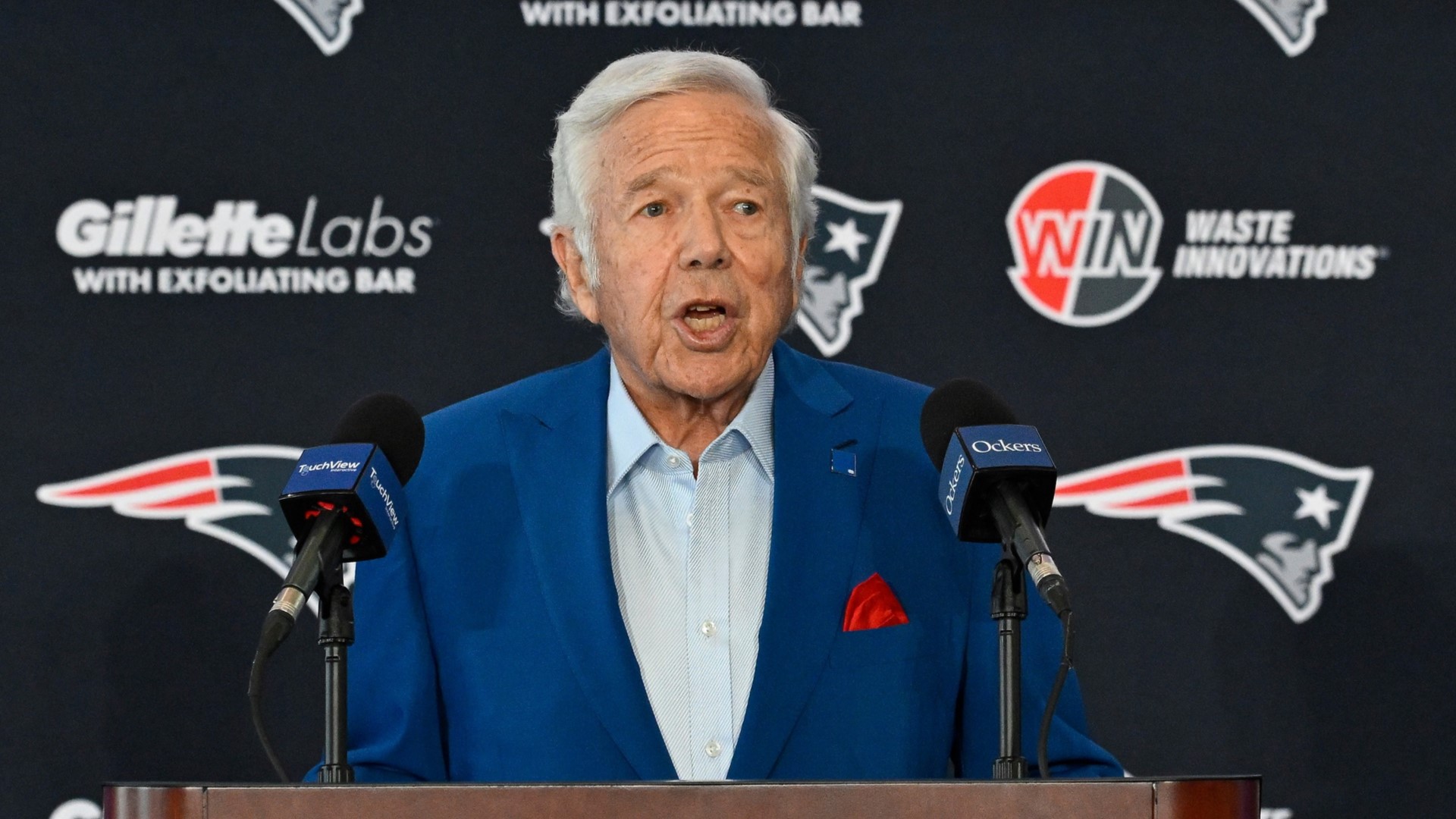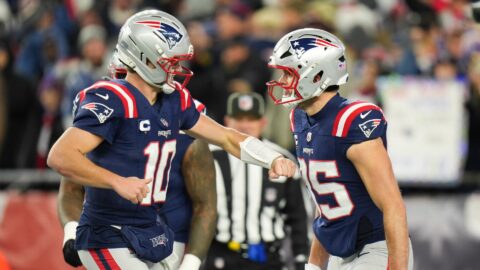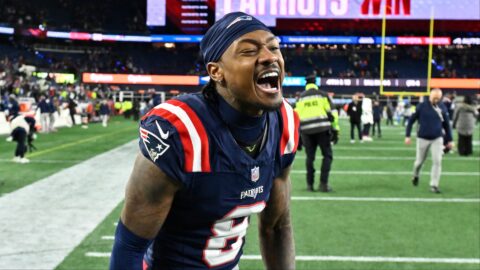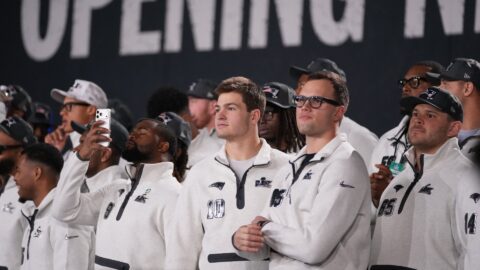The story goes something like this.
On the day of the NBA trade deadline, Danny Ainge sent away Kendrick Perkins, Boston’s stalwart post presence, for two figures of utter mediocrity, Jeff Green and Nenad Krstic. In doing so, Ainge shattered the bonds of the core six members of this elite Celtics team, killing chemistry, removing their defensive edge, and ultimately orchestrating the shutting of Boston’s title window.
Rationales to the contrary thus far have included: 1) The Heat would simply out-talent the C’s even if Perkins were on the team, 2) Perk’s contract demands would have been untenable, and it would be better to send him to Oklahoma City than to allow him to take his talents to South Beach, and 3) Something that we can pretty much discount at this point — Jeff Green is actually good, and has simply been playing out of position for his entire career.
For some reason, though, nobody has justified the move for an obvious truth that already-nostalgic Celtics fans simply have not wanted to accept. Kendrick Perkins isn’t good at basketball anymore.
Maybe his knee is “a two-year injury,” but Perk was a shadow of his former self in the regular season. His blocks per game, a staggering 2.0 per game two years ago, fell to just 0.8 in comparable minutes, and his PER plummeted from 15 to 9.6. In truth, he was the 53rd best center in the NBA by PER. Krsitc was 33rd, and Shaquille O’Neal was 13th.
Being in the C’s mold, though, one could argue that regular season statistics don’t remotely tell the story of what he contributes to a team come playoff time, and his physical presence has allowed OKC to move from “exciting, young team” to “legit contenders,” right? That’d be the case if Perkins were actually Serge Ibaka. In the first round of the playoffs, OKC’s point of weakness was distinctly on the inside, as Nene dominated Perk with his athleticism, giving Denver its only true foothold in the series. Even Chris “Birdman” Andersen, not usually an offensive force, was a real scoring factor in multiple games. If it were not for Ibaka’s suddenly elite interior help defense, OKC may have been seriously threatened.
Enter round two, in which the Thunder do appear to be in a legitimate dogfight with a physical Memphis team. This, supposedly, was what Perk was brought in for — to match up with teams with big front lines in the playoffs, though the expectation was that Los Angeles, not Memphis, would be the adversary.
In Game 1, Zach Randolph wiped the floor with Perkins. Game 2 saw OKC match Memphis’ physicality, but that was achieved, shockingly, by taking Perk out of the picture. Nick Collison saw 25 minutes on the floor at center, smothering Z-Bo and yielding a +12 plus-minus, as well as scoring seven points and pulling down seven rebounds. In Perkins’ 32 minutes on the court, he registered a -7 plus-minus, despite usually playing with the starters, and scored only two points with five rebounds — none at the offensive end.
Perkins’ four-year, $34.8 million extension, in fact, may have actually been Sam Presti‘s first mistake as he tries to write the “How to Make it as a Small-Market Franchise in the NBA” guide, when many ironically considered the extension handed to Collison to be his only error.
The Celtics may be in dire straits in their series against the juggernaut from Miami, and there may have been little Ainge could do about the aging of the Big Three, or Rajon Rondo‘s jump shot, but none of that has anything to do with Perk. Jermaine O’Neal, actually, has been statistically miles ahead of Perkins in the postseason, and Krstic has been no worse.
The ultimate irony, in fact, may prove to be that getting rid of Perk was not the first step in the demise of this Celtics mini-dynasty, but was actually the first step in Ainge’s impending monumental rebuilding process. It may be a painful pill to swallow, but rebuilding always is — even though you can’t raise banners without it.
Is the Perkins trade the ultimate reason for the Celtics’ potential demise? Leave your thoughts below.



